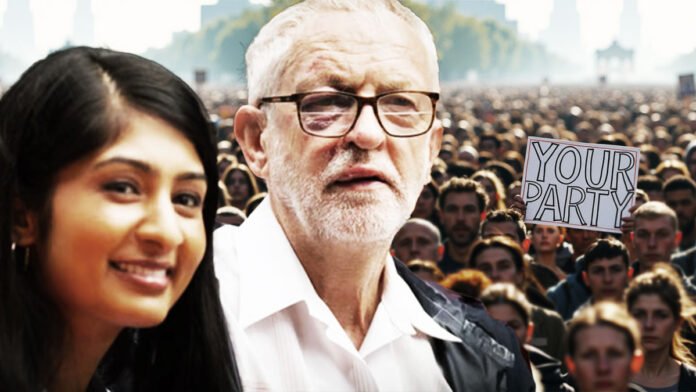The Quiet Revolution: 500,000 People Crashed a Website to Join Corbyn & Sultana’s Insurgency and Here’s Why…
When 500,000 people crash a website within 72 hours to join a political movement, creating what may be the largest Party formation in modern European history, you might expect wall-to-wall media coverage. You might anticipate breathless analysis of this seismic shift in British politics, urgent discussions about what drives such extraordinary mobilisation, perhaps even grudging acknowledgement that something genuinely significant is occurring beneath the surface of our managed democracy.
Instead, we have witnessed something far more revealing: the sound of establishment silence. Mainstream media outlets that obsess over every Westminster personality clash, that transform minor policy disagreements into constitutional crises, that treat politicians’ breakfast choices as matters of national importance, have responded to this unprecedented grassroots surge with studied indifference. A handful of process stories focusing on “messy” launches and name confusion, buried deep in news cycles dominated by far more trivial concerns.
This deafening quiet speaks volumes about the function of British media as guardians of acceptable political discourse. When half a million people spontaneously mobilise around an explicitly anti-establishment message, the response is not engagement but erasure, proof that the most dangerous movements are not those attacked by the press but those ignored by it.
Yet the silence cannot contain the magnitude of what is occurring. The formal launch of Jeremy Corbyn and Zarah Sultana’s New Party on July 24th represents far more than another splinter from Labour’s fractured left; it signals the emergence of a genuine insurgency against a political system that has systematically failed the many to enrich the few.
The numbers alone tell a remarkable story. Within five hours of launch, 80,000 people had registered interest. By day’s end, this had swelled to 300,000. Within three days, half a million Britons had declared their willingness to join a party that doesn’t yet have an official name, a manifesto, or even a clear leadership structure. This spontaneous mobilisation reveals the existence of a vast, untapped constituency for radical change, people who have been waiting not for better management of decline, but for someone brave enough to name the system that creates such decline in the first place.
The Rigged System Revealed
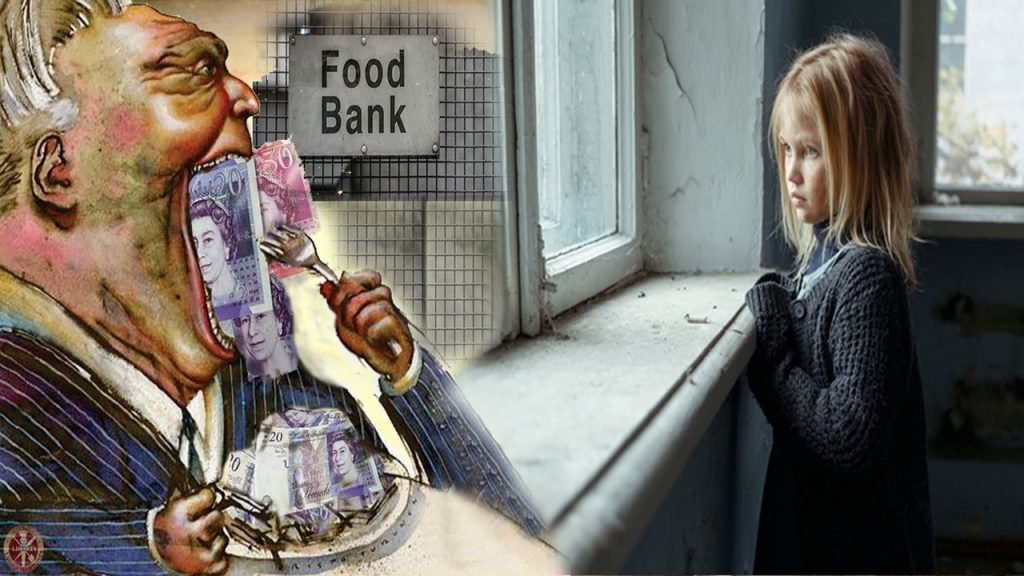
The Party’s foundational claim that “the system is rigged” will be dismissed by establishment voices as populist rhetoric. Yet this diagnosis rests on empirical evidence so overwhelming that only wilful blindness could ignore it. Britain has indeed constructed a system that systematically transfers wealth from ordinary people to a parasitic elite while maintaining democratic facades that legitimise this grand theft.
You only need look at the stark mathematics of contemporary inequality. Since 1990, the number of UK billionaires has surged from 15 to 165, their collective wealth increasing by over 1000% in real terms. The concentration has become so extreme that Britain’s two wealthiest individuals now possess more than all billionaires combined held in 1990. Meanwhile, the top 50 richest families control more wealth than the entire bottom half of the population, 34 million people reduced to statistical irrelevance by an economic system that treats them as expendable.
This wealth didn’t emerge from productive enterprise or innovative genius. Over a quarter derives from property speculation and inheritance, which economists politely term “extractive sources” that contribute nothing to the real economy while adding costs for everyone else. Another quarter flows from financial markets, where clever manipulation of money creates private fortunes while socialising the inevitable losses through public bailouts.
The human cost of this engineered inequality manifests in statistics that would shame any civilised society. Over 4.5 million children, 31% of the total, live in poverty in the world’s sixth-largest economy. The two-child benefit cap that Sultana was suspended from Labour for opposing has driven the poverty rate for large families to a staggering 44%. These aren’t unfortunate accidents but predictable outcomes of deliberate policy choices that prioritise wealth concentration over social welfare.
When Labour Abandoned Labour
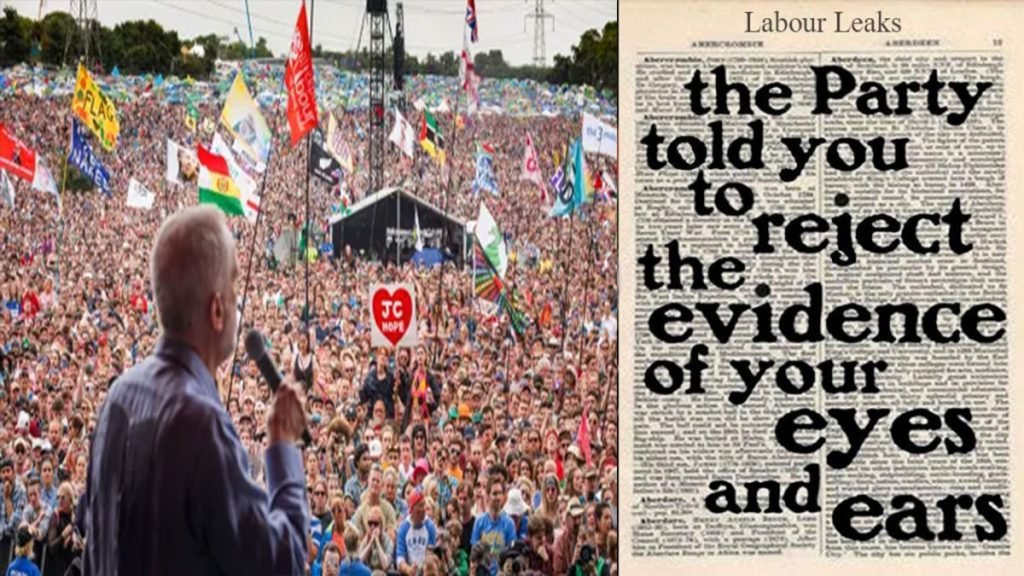
This systematic immiseration occurs not despite our political system but because of it. The incumbent Labour government, led by Keir Starmer, has consciously abandoned any pretence of challenging these arrangements. Instead of reversing Conservative austerity, Labour has embraced “fiscal responsibility”, the modern euphemism for ensuring that public resources flow upward to private interests while ordinary people bear the costs of economic failure.
The cruel irony is that Starmer’s political timidity has created the very conditions that make Corbyn’s return possible. By refusing to offer genuine alternatives to managed decline, by suspending MPs who vote to lift children out of poverty, by maintaining arms sales to Israel while lecturing about moral leadership, Starmer has opened a chasm on Labour’s left that this new party is perfectly positioned to fill.
The polling confirms this strategic miscalculation. YouGov found that 18% of Britons are open to supporting a Corbyn-led Party, a figure that would revolutionise British politics if translated into votes. More tellingly, 31% of 2024 Labour voters express interest, suggesting that Starmer’s rightward march has alienated precisely the activists and voters his party needs to sustain itself.
The Media Playbook Recycled
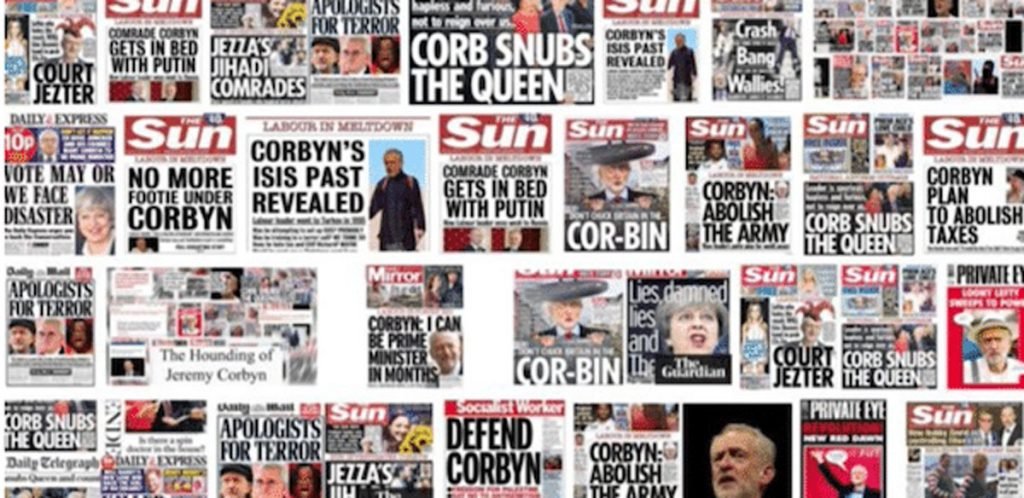
The establishment response has followed the familiar script perfected during Corbyn’s previous leadership. Rather than engaging with the party’s substantive critique of inequality and corporate power, media coverage has focused obsessively on “process” stories designed to frame the venture as chaotic and amateurish.
Academic research from the London School of Economics documented how this playbook operated during Corbyn’s Labour leadership. A systematic study found that 74% of news articles about him offered either no account or a highly distorted account of his actual views. The pattern was clear: deny the challenger his own voice, focus on personality rather than policy, and associate legitimate political positions with extremism or incompetence.
We witness identical tactics today. Coverage emphasises the “messy” launch, the initial confusion over naming, and Sultana’s absence from press conferences. This focus on logistics allows outlets to report extensively while avoiding any serious engagement with the party’s arguments about wealth redistribution, public ownership, or corporate power. The message is clear: these ideas are too dangerous to debate, so they must be dismissed through character assassination instead.
A Platform for the People

What terrifies the establishment is not the Party’s supposed chaos but the coherence of its alternative vision. The policy platform emerging from the launch documents represents a systematic challenge to every pillar of neoliberal orthodoxy that has dominated British politics for four decades.
The call for “mass redistribution of wealth and power” through taxing the super-rich offers a direct mechanism for funding social transformation. Research by the Tax Justice Network suggests that a 2% annual wealth tax on assets above £10 million, affecting fewer than 32,000 individuals, could raise £24 billion annually for public services. Combined with equalising capital gains tax rates with income tax, this could generate over £35 billion yearly while affecting only the ultra-wealthy who have most benefited from the rigged system.
The commitment to bring energy, water, rail, and mail into public ownership promises to end the scandal of natural monopolies serving as private cash machines. We Own It calculates that public ownership could generate annual savings of £6.5 billion across these sectors, funds that could reduce bills while improving services instead of flowing to shareholders as unearned profit.
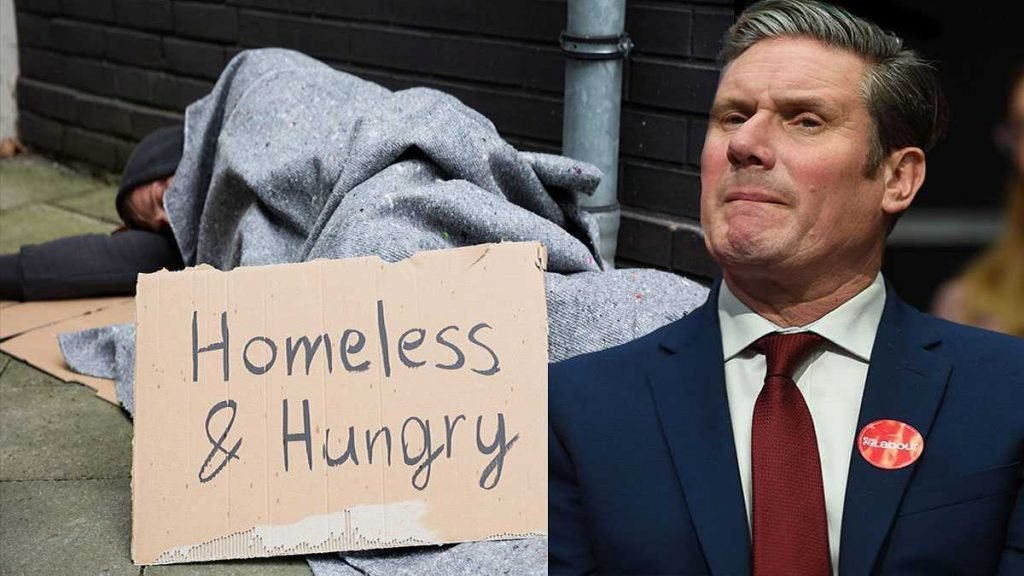
Perhaps most significantly, the pledge for “massive council house building” directly challenges the commodification of housing that has locked millions out of decent, affordable homes. While Starmer’s government targets a pitiful 18,000 social homes annually, this new party signals a return to the scale of ambition that built post-war Britain, potentially 100,000 new council homes yearly that would treat housing as a human right rather than a financial asset.
The International Dimension

The party’s unwavering support for Palestinian rights and opposition to arms sales to Israel represents more than moral posturing; it demonstrates the connection between domestic austerity and international complicity. The same system that claims “no money for the poor” while discovering “billions for war” operates both at home and abroad, using public resources to subsidise private profit, whether through banking bailouts or weapons contracts.
This integrated worldview resonates particularly with younger, more globally conscious voters who understand that the struggles against poverty at home and oppression abroad represent two fronts in the same battle against organised wealth and power.
The Electoral Challenge
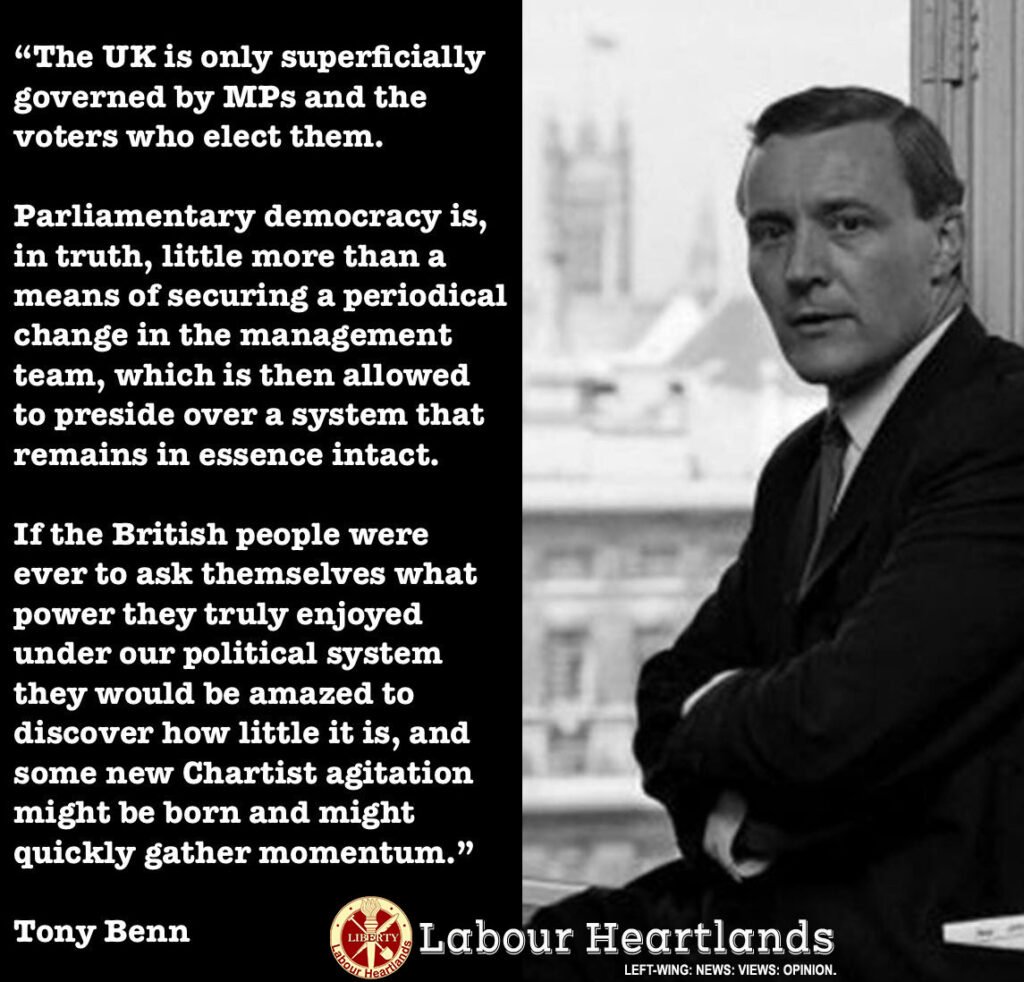
Yet for all its moral clarity and popular appeal, this new party faces structural obstacles designed to prevent precisely this kind of challenge. Britain’s First-Past-the-Post electoral system is notoriously punitive to new movements whose support, however substantial, spreads thinly across constituencies rather than concentrating in specific seats.
The 2024 election starkly illustrated this bias. Reform UK required over 820,000 votes per MP while Labour needed fewer than 24,000. The Greens won 6.7% of votes but secured just 0.6% of parliamentary seats. A party commanding 10-15% national support, entirely plausible given current polling, might win fewer MPs than the Liberal Democrats despite representing millions more voters.
This systematic exclusion of alternatives serves the establishment’s interests perfectly. It maintains the illusion of democracy while ensuring that only parties committed to fundamental continuity can achieve power. The result is a political duopoly that offers voters different flavours of the same basic arrangement: managed decline with varying degrees of rhetorical sophistication.
The Dangers Within
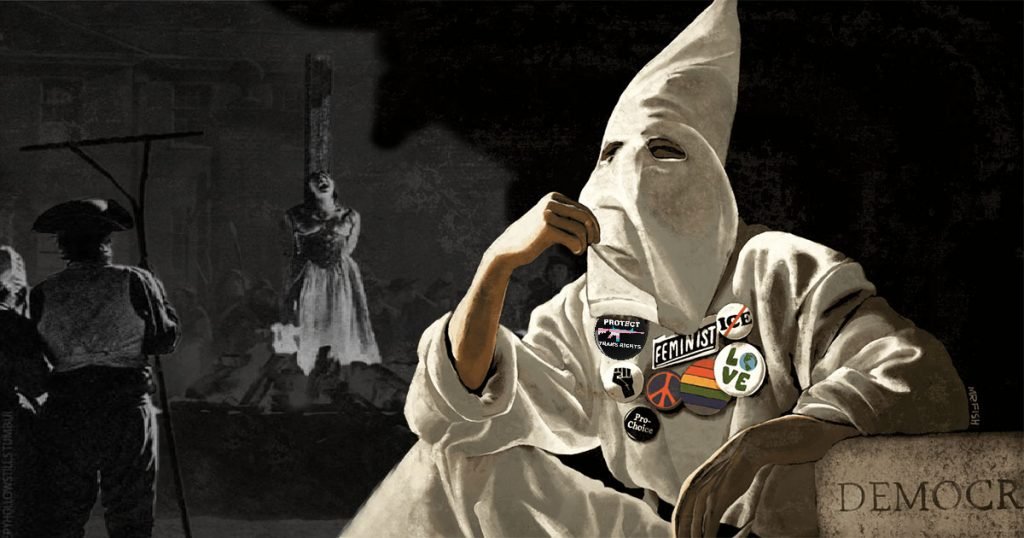
Perhaps the greatest threat to this new party’s success lies not in external opposition but in the internal contradictions that plague left-wing movements. The rapid influx of members will inevitably include not just committed activists but fringe elements, ideological extremists, and potential saboteurs whose presence could discredit the entire enterprise.
The particular danger comes from ultra-liberal factions and identity politics obsessives who, even in good faith, risk painting “mockery all over the face” of the movement. Their tendency to prioritise symbolic gestures over material change, to fracture coalitions over ideological purity, and to alienate working-class voters through cultural signalling could transform a genuinely popular movement into an elite hobby horse that confirms every stereotype about the disconnected left.
Corbyn’s previous leadership suffered precisely from this dynamic. Legitimate concerns about antisemitism became weaponised by opponents, but the response was often tactically inept, allowing process controversies to overshadow policy achievements. The new party must learn from these mistakes, maintaining rigorous standards for membership and leadership while refusing to let procedural debates derail substantive politics.
The antisemitism scandal didn’t emerge out of nowhere. It was manipulated. Under Iain McNicol, the former General Secretary, Labour HQ deliberately stockpiled genuine antisemitic complaints instead of processing them. Why? Because once Jennie Formby took over, someone loyal to Corbyn, they handed her an overwhelming backlog.
That backlog was then cynically used to discredit Corbyn’s leadership. According to the #LabourLeaks report (officially titled The Labour Party Report – The work of the Labour Party’s Governance and Legal Unit in relation to antisemitism, 2014 – 2019), key staff inside HQ were actively working against Corbyn, even during the 2017 general election campaign. Some of them were more interested in purging left-wing members than tackling racism.
Yes, there were real cases of antisemitism and they should’ve been dealt with swiftly, but instead they were weaponised by Corbyn’s internal opponents to create the illusion that the problem was caused or worsened by him.
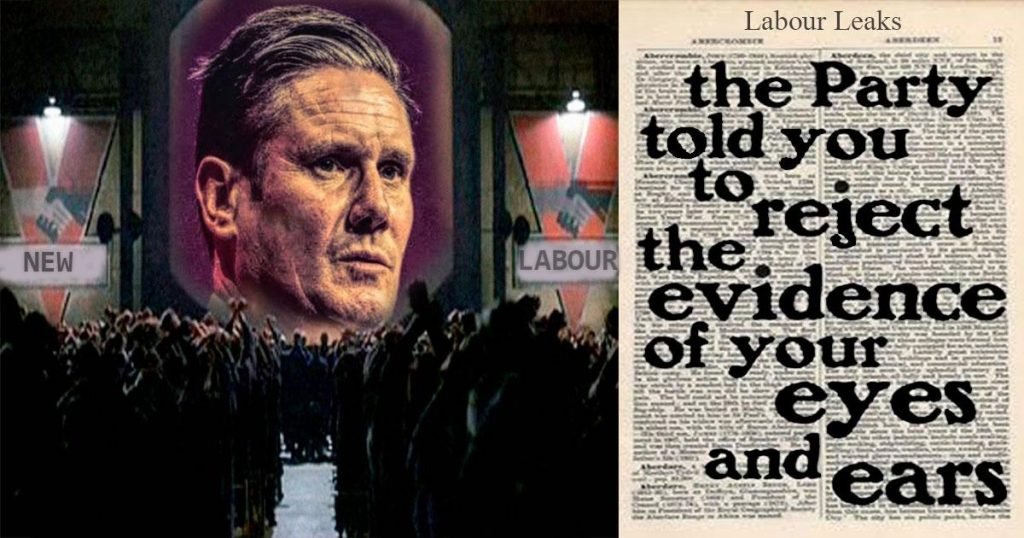
The Enemy Within…
The Labour Leaks report exposed in excruciating detail how antisemitism was weaponised—not to protect Jewish members, but to sabotage Jeremy Corbyn and derail the democratic will of the party’s grassroots.
The leaked 860-page internal document uncovered a litany of betrayals: from the alleged misuse of funds and deliberate undermining of Labour’s 2017 general election campaign, to the obstruction of efforts to tackle genuine cases of antisemitism. It revealed senior staff ridiculing their own MPs and members in private messages, plotting and backstabbing from the party’s very core.
This wasn’t paranoia, it was proof. Over 10,000 emails, internal messages, and WhatsApp chats from senior HQ figures laid bare a culture of contempt for both leadership and membership.
The leak triggered two official investigations, one independent and one led by Martin Forde QC. And while the party buried the findings, those who read the report will never forget the scale of institutional rot it exposed.
If the new party is to rise from the wreckage of this betrayal, it must do so with its eyes wide open. Fool me once, as the old saying goes. This next movement must adopt the same ruthlessness, discipline, and strategic clarity that its enemies wielded, because sentimentality won’t survive the first whisper of sabotage. No more naivety. No more enemies within.
Revolution or Catalyst?
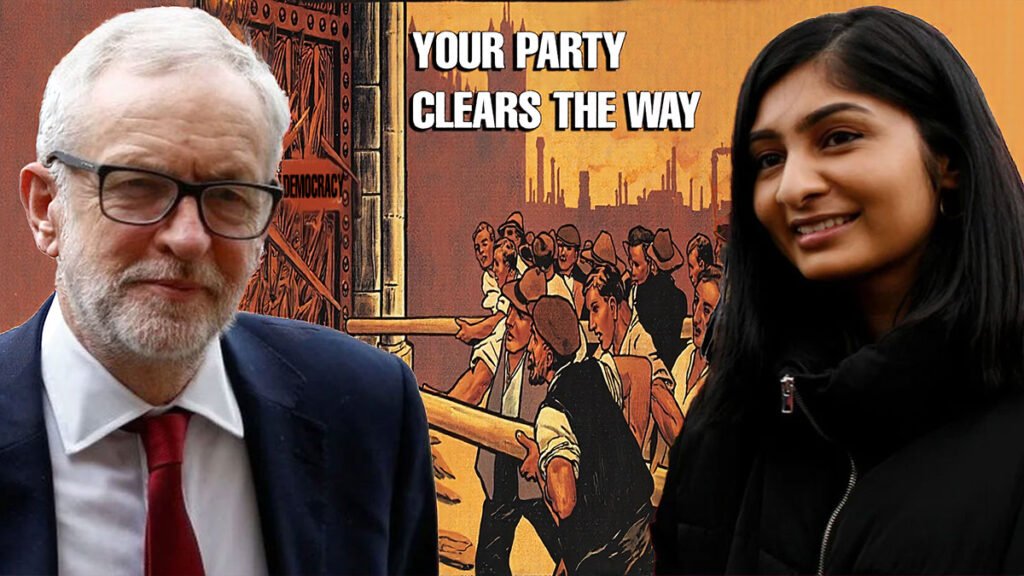
A sober assessment suggests that this party’s significance lies not in its immediate electoral prospects but in its potential to catalyse broader political transformation. Under current arrangements, forming a government may seem highly improbable. The combined forces of media hostility, electoral bias, and establishment resistance present overwhelming obstacles to conventional political success. Yet, as Hamlet reminds us, “There are more things in Heaven and Earth, Horatio, than are dreamt of in your philosophy.” Stranger things have happened, both between heaven and earth, and beneath the deep blue sea.
However, time will tell, but success itself can be measured differently. By articulating a coherent alternative to neoliberal orthodoxy, the party can shift the Overton Window, forcing other movements to respond to its arguments rather than setting the terms of debate themselves. Ideas confined to the political fringe, wealth taxes, public ownership, housing decommodification and class war, actually changing the material realities of people’s lives, can return to mainstream discussion through persistent advocacy.
More importantly, the party can serve as an organising hub for the broader constellation of trade unions, community campaigns, and social movements that share its vision. Regardless of electoral outcomes, it can build grassroots power that operates both inside and outside parliamentary politics, creating resilient networks for long-term change.
The greatest potential lies in forcing fundamental political realignment. By demonstrating durable support of 10-15% nationally, the party could create such obvious distortions under FPTP that proportional representation becomes unavoidable. Its greatest legacy might be helping to break the very electoral system designed to suppress alternatives.
The Quiet Revolution’s Promise
The 500,000 people who crashed that website and created “YOUR PARTY” represent something more than political enthusiasm; they embody democratic hunger that the establishment has systematically starved. Their willingness to join a movement without knowing its final form or leadership structure suggests desperation for authentic alternatives to managed decline.
Whether this hunger translates into sustainable political power depends partly on external factors beyond the party’s control, media coverage, electoral timing, the performance of rival parties. But it depends more fundamentally on whether the movement can maintain its focus on the material conditions that create suffering while avoiding the ideological tangents that have historically fragmented the left.
The rigged system that this party challenges has produced undeniable results: mass inequality, engineered poverty, democratic deficit, international complicity. These outcomes weren’t inevitable; they resulted from specific political choices that can be reversed through different political choices. The question is whether enough people possess sufficient courage to make those choices when the opportunity arises.
The quiet revolution begins not with electoral victory but with 500,000 people saying “enough” to a system that treats them as expendable. Whether it continues depends on their willingness to build something better from the ground up, learning from past mistakes while refusing to accept present arrangements as permanent.
The establishment’s telling silence, their refusal to acknowledge what may be the largest party formation in modern European history, suggests they understand exactly what’s at stake. They cannot attack what they dare not name, cannot debate what they refuse to recognise. The question is whether the revolutionaries understand that this very silence represents the establishment’s most sophisticated weapon, and whether they possess the vision to break through it.
To join or support “Your Party” click the link below….
Support Independent Journalism Today
Our unwavering dedication is to provide you with unbiased news, diverse perspectives, and insightful opinions. We're on a mission to ensure that those in positions of power are held accountable for their actions, but we can't do it alone. Labour Heartlands is primarily funded by me, Paul Knaggs, and by the generous contributions of readers like you. Your donations keep us going and help us uphold the principles of independent journalism. Join us in our quest for truth, transparency, and accountability – donate today and be a part of our mission!
Like everyone else, we're facing challenges, and we need your help to stay online and continue providing crucial journalism. Every contribution, no matter how small, goes a long way in helping us thrive. By becoming one of our donors, you become a vital part of our mission to uncover the truth and uphold the values of democracy.
While we maintain our independence from political affiliations, we stand united against corruption, injustice, and the erosion of free speech, truth, and democracy. We believe in the power of accurate information in a democracy, and we consider facts non-negotiable.
Your support, no matter the amount, can make a significant impact. Together, we can make a difference and continue our journey toward a more informed and just society.
Thank you for supporting Labour Heartlands
